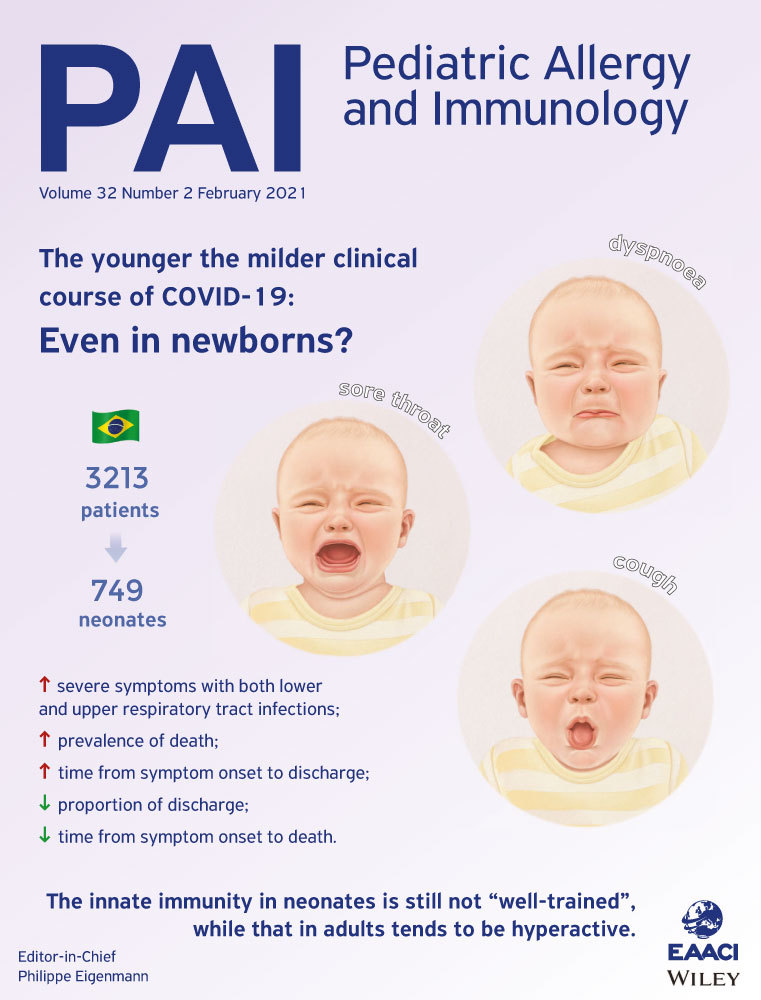Subjective oral symptoms are insufficient predictors of a positive oral food challenge
Abstract
Background
Subjective oral symptoms, especially if recurrent, might lead to termination of an oral food challenge (OFC) for fear of a subsequent severe reaction.
Methods
In a single-center retrospective cohort study, oral food challenges to milk, egg, peanut, sesame, or tree nuts performed between January 2016 and January 2018 in patients aged ≥3 years, at the Institute of Allergy, Immunology and Pediatric Pulmonology in Shamir Medical Center, were analyzed. Subjective oral symptoms during the challenge were documented, and their association with the challenge outcome was examined.
Results
A total of 323 patients underwent 652 oral food challenges to the investigated foods (milk, 71; egg, 22; peanut, 48; sesame, 24; and tree nuts, 487). Subjective oral symptoms were experienced in 237 (36.3%) of all OFCs performed, and their rate was comparable across most foods tested. The rate of positive challenges was significantly higher when subjective oral symptoms were experienced during the challenge than when they were not (69.6% vs 30.4%, respectively, P < .001). However, the false-positive rate of such symptoms in predicting a positive food challenge was 30.3% for all foods; peanut, 40%; sesame, 27.3%; milk, 35.5%; egg, 33%; and tree nuts, 28.4%. Overall, subjective oral symptoms (SOS) provided sensitivity of 56.7, specificity 80.4, PPV 69.6, and NPV 69.0 for predicting OFC outcome. Importantly, reactions during positive challenges with and without subjective oral symptoms were comparable to severity.
Conclusions
Continuing OFCs with subjective oral symptoms is recommended for it will prevent false-positive results in a third of cases without increasing patients' risk.
CONFLICT OF INTEREST
There are no reported conflicts of interest for any of the authors.




